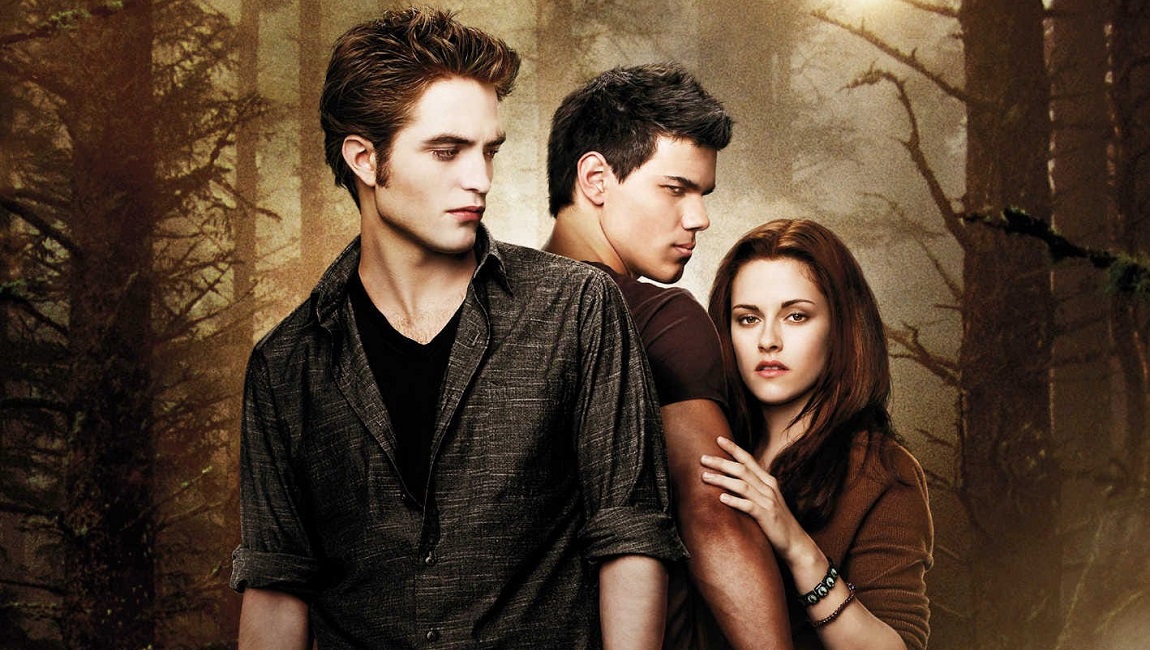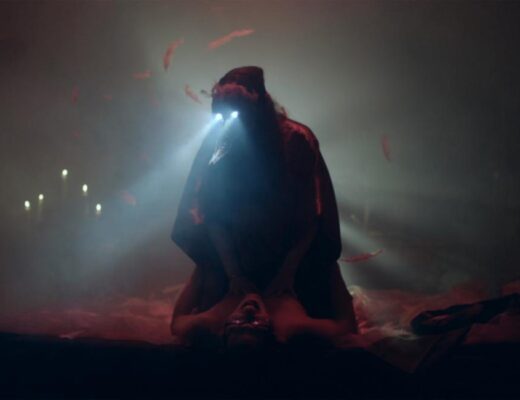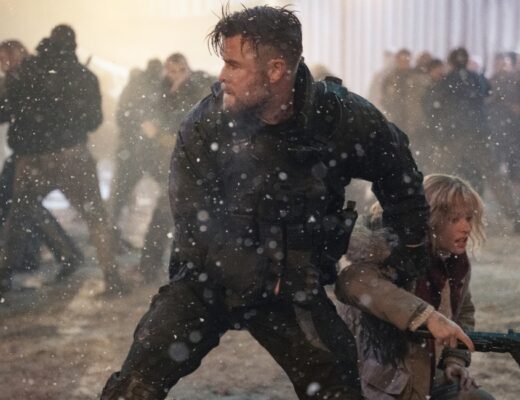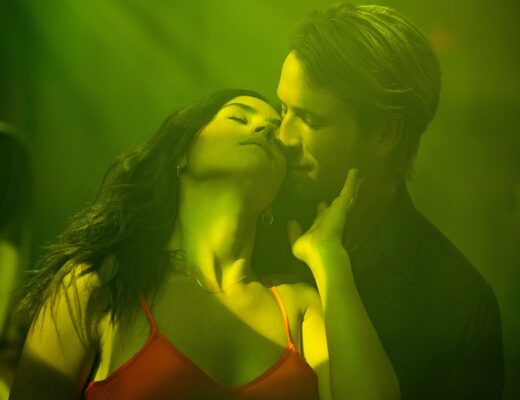The Twilight Saga: New Moon hardly needs an introduction. As the second film in the massively popular vampmance series, courtesy of author Stephanie Meyer, New Moon earned high expectations thanks to one of the most extensive and hormone-centric marketing campaigns in recent memory. The first Twilight caught plenty of flack for its frequent unintentional hilarity, but weirdo lo-fi vibes made for a fascinating, bizarre piece of blockbuster filmmaking. New Moon, unfortunately, is an entirely different beast. Dreamy vampire Edward Cullen (Robert Pattinson) and reserved, lip-biting Bella Swan fell head-over-heels in the first film, and New Moon chooses as its subject matter the complications that their love must now endure; namely, the fact that much of Edward’s family would like to drink Bella’s blood and kill her…on her birthday. We’ve all been there.
Expanding its narrative geography, New Moon focuses on the burgeoning relationship between Bella and old friend Jacob Black (Taylor Lautner) after Edward disappears (selflessly, of course), a shift that replaces the oddball histrionics of Twilight with the inertia of moody brooding, and removes most of the fun from the fact that this is a story about unhealthy obsession and not love. For those who haven’t read the books, yet still care enough to not want spoiled, it’s safe to enough to say that Bella largely treats Jacob as a shoulder to cry on — a walking antidepressant and an enabler of poor decision-making. And yet, somehow Lautner’s sadsack is still the most compelling in the passionless melodrama that is New Moon. Bella and Edward are such utter grumps that it becomes hard to believe anyone could have affection for either, as Stewart and Pattinson attempt to turn their insipid lovers into tragic Romeo and Juliet types — a suggestion the film heavy-handedly conveys. This registers as far more emo than emotive, and New Moon begins to seem feel as soulless as Edward believes himself to be.
Nowhere is this miscalculated melodrama more perceptible than in the film’s script. Screenwriter Melissa Rosenberg adapts these books with the gusto and veneration of a 13-year-old, frustratingly retaining all the unappealingly quixotic declarations of love and loss. Rather than leaning into any of the (relatively) more interesting bits of the relationships and characterizations, Rosenberg embraces her inner tween and relishes in the superficiality of the series’ romance. Of course, this makes sense: she knows her intended audience and writes for them, but in doing so casts aside nearly every element of the source material that doesn’t specifically feed into the Bella-Edward mush factory, excising so much of what makes the franchise tolerable for those of us who aren’t teenage girls.
As for the director’s chair, while Catherine Hardwicke’s work on Twilight was objectively quite flawed, it was also somewhat thrillingly unpredictable, and the handheld camera sequences lent that film an intimacy that the manufactured and maudlin New Moon sorely lacks. Admittedly, new director Chris Weitz’s presence is positively felt in certain areas — notably in the improved visual effects, particularly during a climactic fight scene with the Volturi (the ruling class of vampires, played by Michael Sheen and Dakota Fanning in equally unflattering cameos). But he’s a largely anonymous director, and his primary impact here is to strip the franchise of its singularity and flatten it into generic YA pap. Look no further than the infamous sparkly vampire skin, which is also carried over from the first film; while technically better looking this time out — though let’s be clear, both iterations are eyesores — it lacks the charm and/or insanity of the first film’s all-time VFX howler. Everything here is “elevated” to the point of bland mediocrity.
But in the interest of fairness, and despite the way New Moon is pitched, this isn’t Romeo and Juliet, and certain concessions to rational behavior and adult perceptions of romance need be put aside to enjoy what little delights the series offers. And as was the case with Twilight, for many the appeal of New Moon will lie in indulging our romantic, idealistic, and even naïve selves. But at least the indie-adjacent, relatively low-budget air of the first film vibed with the hyper-realized world and romance of the book, reflecting its vein of camp and enunciating small and large dramas through a distinctly teenage lens. The sleeker blockbuster efforts and more self-conscious indulgence of feels in New Moon simply aren’t endearing in the same way. Multiple times in the film, Jacob is forced to entirely earnestly deliver the laughable exclamation, “I’m bad!” Sadly, it take long before viewers are able to come to the same conclusions about New Moon. It’s bad!







